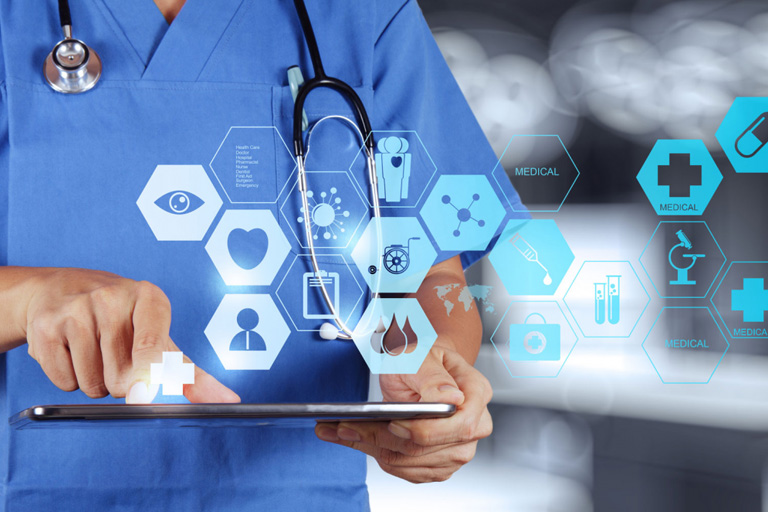Ensuring proper data security measures to protect healthcare data systems involves numerous processes. Just including encryption or assessing risk is not enough. You also need to offer role-based access, train the staff on security best practices, and implement cloud security. These measures will ensure that intruders have a minimal chance of penetrating the system and stealing data. Even when they do, they will not be able to access the data due to heavy encryption. Consequently, healthcare organizations will save millions of dollars that they would have lost if their systems were not secure. Here are important healthcare data security measures for providers.
- Role-Based Access
Healthcare data needs to include role-based access. Many systems will typically let healthcare organizations specially configure their program subsequently limiting various system levels to various personnel. Every employee has a key or login that limits their access to only the section of the system they require and also its restricted related information. For example, in a healthcare provider’s system that has a practice management system, the receptionist of the organization might only require utilizing the scheduling application. In this case, a role-based access will not let them have access to any clinical or financial data of the healthcare organization. As a result, the management can increase privacy and prevent fraudulent cases. Additionally, in the case of stolen logins, there is limited damage by the intruder.
- Encryption
Encryption is one of the most efficient methods of protecting data in all industries, including healthcare. Data, either stored or in-transit, requires being encrypted on each device within the system. This includes laptops, tablets, computers, USB drivers, and cellphones. Data encryption lets healthcare providers as well as stakeholders minimize their exposure to cyber-attacks and data breaches effectively. Encryption makes it more difficult for intruders to decipher stolen data upon gaining access to the system. For instance, with PGP, emails, files, directories, and texts are secure from an outsider. If stolen data is not encrypted, healthcare organizations can incur losses in millions of dollars.
- Routine Risk Assessment
According to experts, healthcare organizations should carry out risk assessment sessions regularly to find out the vulnerability of their systems. Through the identification of weak links within the security system, providers can effectively solve any problems before they arise. According to HIPAA compliance rules, healthcare providers need to perform a security risk assessment every year or as adjustments to systems take place. Also, healthcare organizations need to conduct these practices to meet the MIS (Merit-Based Incentive Payment System) criteria.
- Train Staff on Security Best Practices
Personnel are one of the biggest threats to security in numerous industries, including healthcare. Recent studies show that human factors are the cause of a majority of the security breaches. Slight human error or negligence can result in costly repercussions for healthcare providers. Many social engineering tactics are aimed at staff who could succumb to the introduction of malware, phishing email attacks, and more. However, security training can aid in the prevention of such attacks. Security awareness training equips the staff with the vital knowledge needed for making good decisions. It also aids them in using proper precautionary measures during handling of data. Healthcare providers can buy HIPAA online security training or obtain training from other medical institutions.
- Cloud Security
As more healthcare providers migrate to the cloud, it is necessary to change security practices. The provider needs to use security solutions that can aid with cloud-to-cloud security as well as monitor the data flow between cloud and on-premise ecosystems. You can take advantage of the HIPAA-compliant data sharing and cloud solutions. The cloud infrastructure is very versatile, particularly for healthcare clients. In the migration of workloads to the cloud, it is necessary to include security in the cloud and make sure correct systems are there. You can deploy a virtual firewall or a data analytics solution to check your patient healthcare information and data traffic.
Conclusion
Implementation of these data security measures will increase the confidence of customers in their healthcare organizations. Customer satisfaction will be high and service provision better since healthcare providers can invest more in healthcare service when they are not losing money to data loss and system intrusion.






























